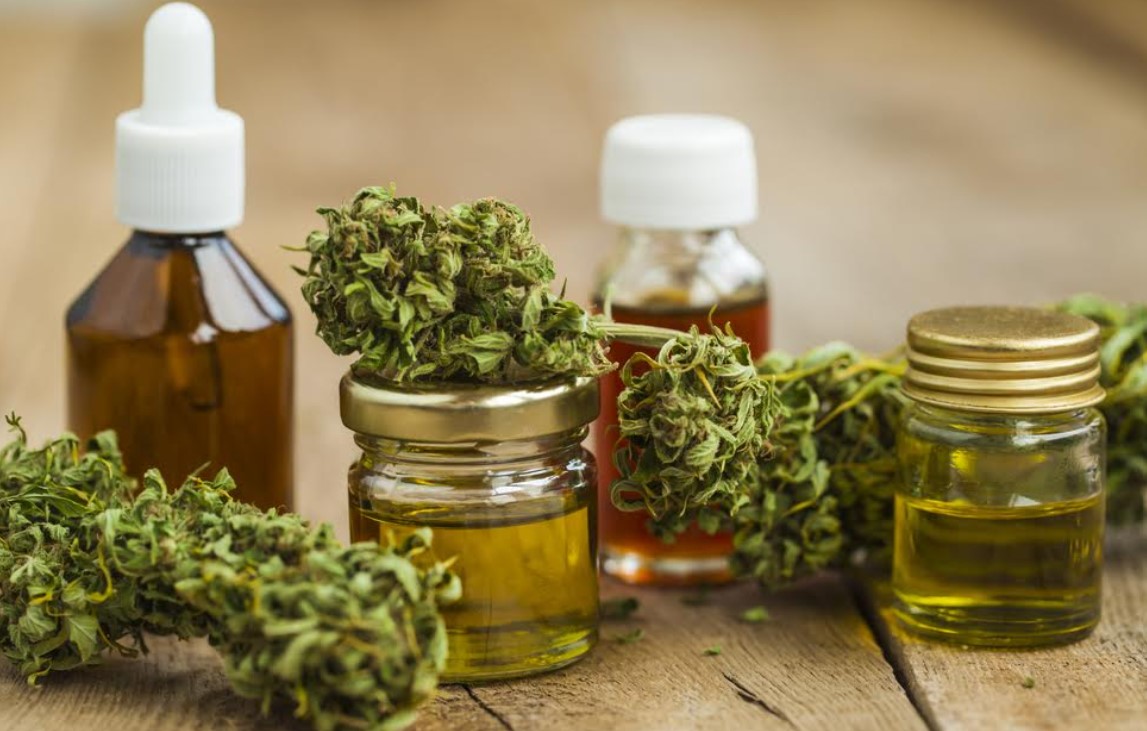Cannabis processors looking to turn raw plant material into cannabinoid extracts have to find a way to get cannabinoids, terpenes, etc. out of harvested plant material. One way to do that is to introduce the material to a solvent. The solvent separates the desired compounds from the undesired plant material so that they can be separated and turned in a concentrate.
A favorite solvent these days is ethanol. CedarStoneIndustry, a Houston company that manufactures ethanol extraction equipment, says that all solvents have their pros and cons. There is no solvent that does the job perfectly under all circumstances. As far as ethanol is concerned, it offers a lot of advantages over butane, CO2, and even natural solvents – like olive oil.
Table of Contents
Dissolving and Dispersing
By definition, a solvent is a substance that dissolves another substance, disperses it, or does a combination of both. Water is the world’s best-known and most effective solvent. It is even referred to as the ‘universal solvent’. However, water by itself doesn’t do much to extract cannabinoids and terpenes from cannabis plants. That process requires something a little bit more robust.
The idea behind applying a solvent to cannabis is to dissolve and disperse plant material so that the desired chemical compounds can be harvested. The trick is to get rid of the plant material without harming the chemical compounds. Therein lies the biggest challenge of cannabis extraction.
Butane and CO2 as Extracts
Some five or six years ago, butane and CO2 were among the most popular solvents. Butane was preferred because of its amazing effectiveness. In addition, butane has a low boiling point. That makes it easy to remove from cannabis concentrates following extraction. Unfortunately, butane is also quite flammable, so some processors consider it too dangerous to work with.
Flammability is not a problem when CO2 is the solvent. However, CO2 doesn’t enjoy the same level of non-polarity as butane. That makes it difficult for processors to extract cannabinoids and terpenes without also extracting unwanted compounds. Then they have to go through a lengthy process to remove things, like chlorophyll, from their extracts.
The Best of Both Worlds
As it turns out, ethanol offers the best of both worlds. It is almost as effective as butane in terms of its ability to deal with plant material, but it’s also as safe to work with as CO2. Its biggest downside is its polarity. Ethanol extraction results in several unwanted compounds being extracted along with cannabinoids and terpenes.
The good news is that those unwanted compounds can be removed as easily as the ethanol itself. And because ethanol is Generally Regarded as Safe (GRAS) by the FDA, there are few worries of health issues relating to its use as a cannabis solvent.
Making the Most of Ethanol
Ethanol is by far the preferred solvent among processors who choose solvent extraction for cannabis. It is not without its issues, but it offers a good combination of effectiveness and safety. Processors are now working to make the most of it, principally by developing their own proprietary processes for extraction and cannabinoid concentration.
Meanwhile, other processors are investing more heavily in natural solvents. They want to get away from things like ethanol and butane. Any attempt to compete will have to be fueled by a solvent that is as effective as ethanol without raising the price of the extracts it produces.
And now you know why ethanol is a preferred solvent for cannabis extraction. Processors across the country rely on ethanol to harvest the cannabinoids and terpenes that are so vital to the medical- and recreational-use markets.

